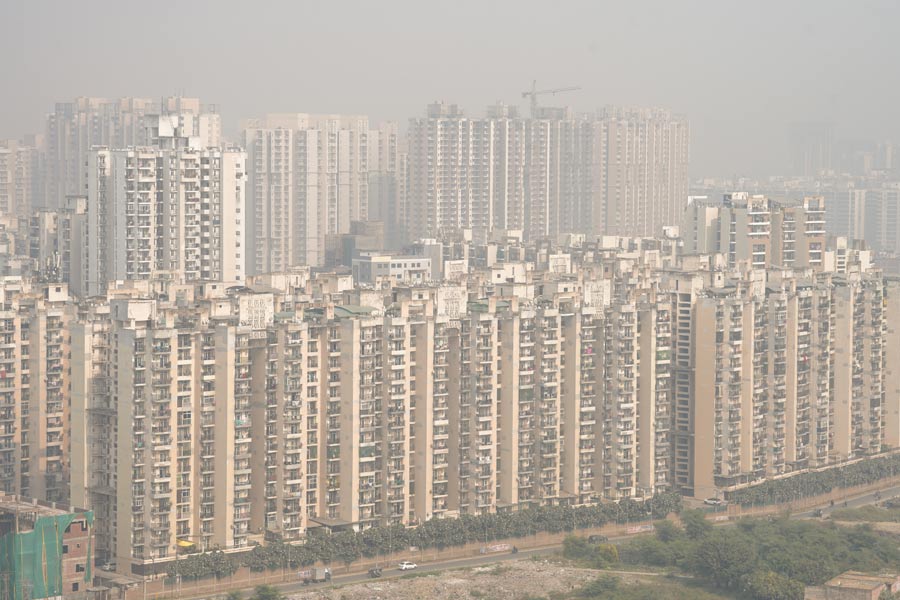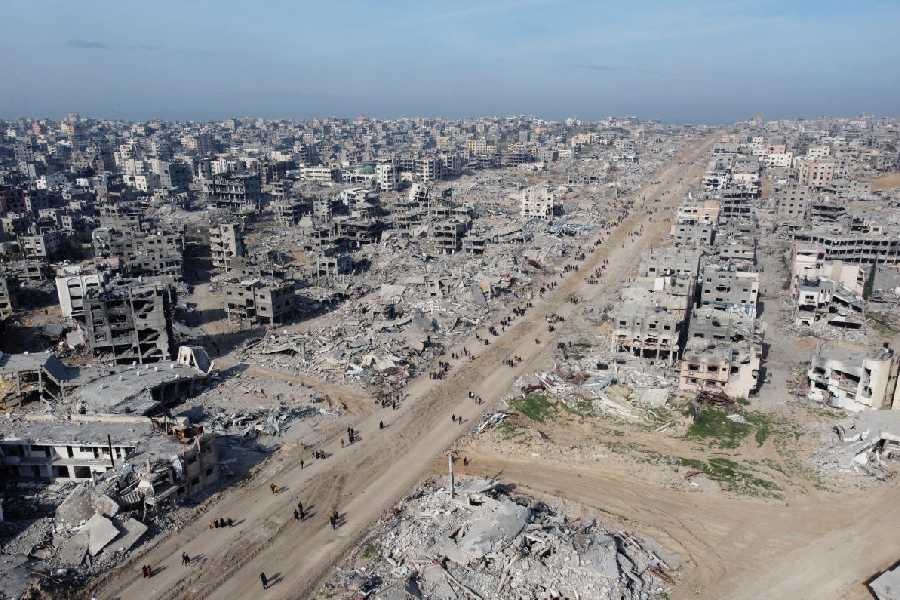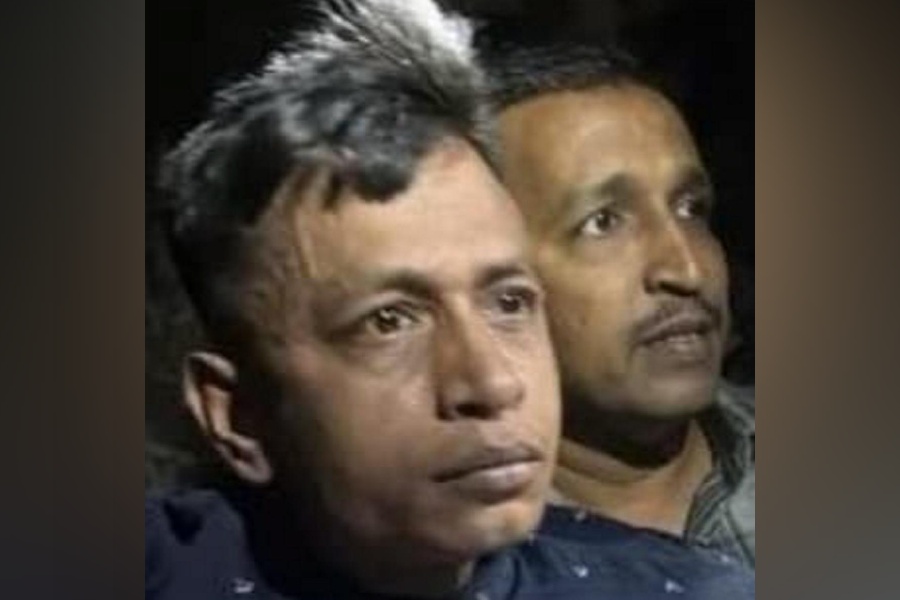The Kolkata Municipal Corporation (KMC) has started watering roads and asked under-construction sites to keep construction material and waste covered, mayor Firhad Hakim said on Friday.
The twin actions will prevent the re-suspension of dust, a major source of pollutants in the city’s air, said a scientist with the state pollution control board (PCB).
Metro reported last week how the air quality in several parts of the city started to drop with the change in weather.
From “good” and “satisfactory” before Diwali, the air quality fell to “moderate” and “poor” in the next few days.
Scientists blamed the drop on the absence of winds that led to the accumulation of pollutants, which in turn reflected in the poor air quality readings. The scientists forecast a further drop in air quality with a slide in temperature as winter approaches.
Preventive measures like sprinkling water on dusty roads, not allowing any open burning of solid wastes and covering construction material and waste are some measures scientists suggested to offset some of the impacts of the sliding mercury on air quality.
“We have already begun sprinkling water on roads to keep the air quality under control. Our building department is also asking owners and builders to keep construction material and waste under cover at under-construction sites,” Hakim told Metro on Friday.
The PCB official said municipal corporations and municipalities are supposed to take a set of measures to keep air quality under control.
“Sprinkling water on dusty roads and making sure that construction material does not remain uncovered are part of their responsibilities. They are also supposed to ensure that solid waste is not burnt in the open,” the official said.
At least three monitoring stations in Calcutta recorded “poor” air at 10pm on November 2, after reporting “moderate” air on November 1 and “satisfactory” air on October 31, according to data published by the Central Pollution Control Board. The three stations that recorded the steady decline in air quality since Diwali are in Bidhannagar, Fort William and Jadavpur.
According to the National Air Quality Index, “good” air quality has minimal health impact; “satisfactory” air quality can cause minor breathing discomfort to sensitive people; “moderate” air quality leads to breathingdiscomfort to people with lungs, asthma and heart diseases and “poor” air quality can cause breathing discomfort to most people on prolonged exposure.
A drop in air quality can impact anyone but those with chronic lung and heart diseases or allergic rhinitis are more at risk, said doctors. Worsening air quality weakens the body’s defence mechanism and makes people vulnerable to respiratory trouble.
Scientists said meteorological factors during winter — lesser wind speed and lower temperatures — worsen the air quality.
“In winter, the air closer to the ground is cooler and heavier than in summer. The cooler air does not rise like warmer air. The pollutants discharged in any place remain in this cooler air. This is the air that humans breathe,” said the PCB official.
“In summer, the warmer air rises and carries with it the discharged pollutants,” he said.
Similarly, greater wind speed in summer disperses the pollutants, something that does not happen as much during winter.
“Measures like stopping waste burning or not allowing re-suspension of dust by sprinkling water on roads will reduce the volume of pollutants being discharged into the air,” said the scientist.











